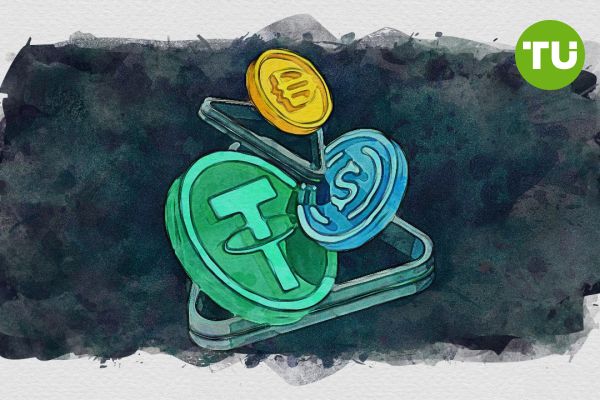Banks resist Genius stablecoin bill amid fears of market disruption
 Bankers push back against stablecoin legislation
Bankers push back against stablecoin legislation
The U.S. banking industry is pushing back against the Guiding and Establishing National Innovation for U.S. Stablecoins (GENIUS) Act, a piece of legislation that could disrupt traditional financial systems by facilitating the wider adoption of stablecoins.
These blockchain-based digital assets, pegged to the U.S. dollar, have been seen as a competitive threat to the legacy banking system, as they promise cheaper and faster transactions, particularly for cross-border payments. However, bankers argue that allowing stablecoin issuance outside the traditional banking system will undermine their market share and disintermediate their operations, reports Cointelegraph.
The GENIUS Act, introduced in February by Senator Bill Hagerty, aims to establish a comprehensive regulatory framework for stablecoins in the U.S. To pass the bill, 60 votes are needed in the Senate, requiring bipartisan support. However, a potential obstacle lies in opposition from Senator Elizabeth Warren, who has proposed an amendment banning tech firms from issuing stablecoins. Warren argues that such legislation would disrupt the status quo, allowing tech companies to enter a space traditionally controlled by regulated financial institutions.
Stablecoins as a new frontier for payments
Despite these concerns, the stablecoin bill has garnered support from some influential figures. Federal Reserve Governor Christopher Waller has spoken in favor of non-banks issuing stablecoins, highlighting their potential to expand payment systems, particularly in the developing world. Stablecoins offer significant advantages, such as lower transaction fees and near-instant settlement times, making them an attractive alternative for cross-border transactions.
Moreover, the growing interest in stablecoins is not limited to fintech startups. Bank of America CEO Brian Moynihan has indicated that the bank may eventually launch its own stablecoin, signaling the growing importance of these digital assets in the traditional financial landscape. At a recent White House Crypto Summit, Treasury Secretary Scott Bessent noted that stablecoins could help bolster U.S. dollar dominance, with over-collateralized stablecoin issuers already ranking among the largest buyers of U.S. government debt globally.
Implications for the future of digital payments
The ongoing debate around stablecoin legislation reflects a broader shift in the financial ecosystem, with established financial institutions and policymakers evaluating how to integrate blockchain-based innovations without sacrificing control over monetary systems. As the U.S. government moves toward pro-stablecoin policies, the future of digital payments may hinge on the balance between innovation and regulation.













































































































































